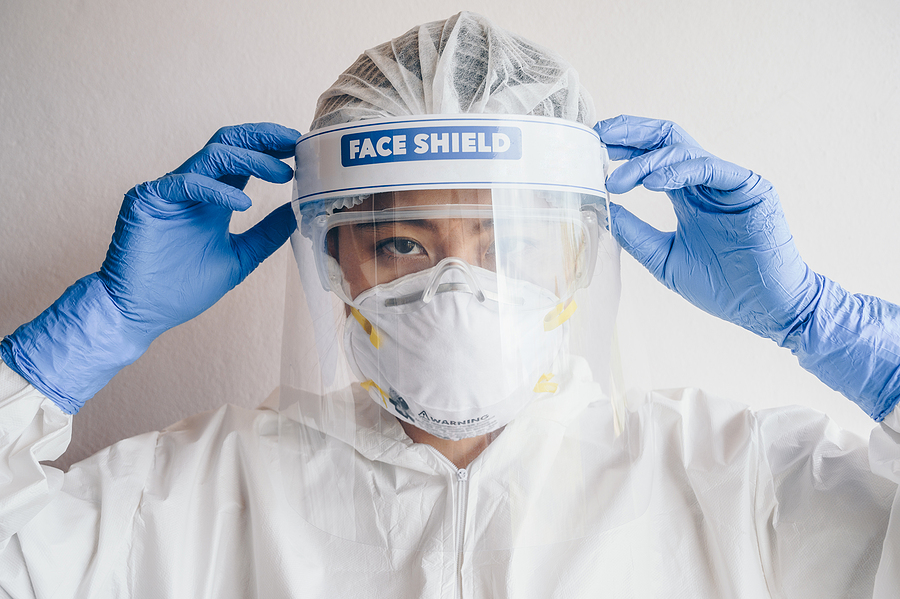When the COVID-19 pandemic became a national health crisis in early 2020, the hope was that the critical phase of the response would be short-term. While most states have relaxed restrictions on businesses, infection numbers remain high and vulnerable populations are still at risk.
The Centers for Disease Control and Prevention (CDC) has recently released some interim recommendations for Emergency Medical Services (EMS) and 911 Public Safety Points (PSAP)/Emergency Communication Centers (ECCs) across the U.S. with respect to COVID-19. Here is a breakdown of that guidance.
Recommended Infection Prevention and Control (IPC) Practices for Routine Healthcare Delivery
The CDC recommends that paramedics and EMTs take additional precautions as part of routine healthcare delivery.
Patient Caller Queries
Any PSAP/ECCs that take emergency calls should question callers thoroughly to determine if there is a concern about potential COVID-19 infection. There should be questions about symptoms and possible exposure to someone with COVID-19.
PSAP/ECC operators should encourage callers to wear face masks, and EMS personnel are permitted to use the appropriate PPE. PSAP/ECC and EMS providers that respond to any international ports of entry or calls from ill travelers should also contact the CDC.
Recommendations for EMS Personnel
All EMS employers are required to:
- Provide EMS personnel with proper training;
- Develop procedures and policies to properly don and doff PPE;
- Ensure that EMS personnel are adequately supplied and fit for duty; and
- Make sure that equipment and vehicles are professionally disinfected.
The CDC recommends that EMS employers screen all staff at the start of each shift for signs or symptoms of COVID-19. EMS personnel should also encourage physical distancing whenever possible.
Recommended IPC Practices for Patients With Suspected or Confirmed COVID-19 Infection
When EMS personnel are caring for a patient that is a suspected or confirmed case of COVID-19, the CDC has some additional guidelines.
Personal Protective Equipment (PPE)
EMS personnel will wear an approved respirator, eye protection, gloves, and gown. They will also be trained on when it is appropriate to wear the PPE, and how to don, use, doff, and dispose of it.
The CDC recommends that EMS personnel perform hand hygiene before and after patient contact, before putting on and removing PPE, and after contact with any possibly infectious material. This involves washing hands with soap and water for at least 20 seconds or using an alcohol-based (60-90% alcohol) hand sanitizer.
Transportation
When transporting a patient that is suspected or confirmed to have COVID-19 (including interfacility transport), the CDC recommends that EMS personnel follow particular guidance.
- EMS personnel should notify the receiving personnel of the patient’s status.
- The driver of the ambulance should be isolated from the patient compartment whenever possible.
- EMS personnel should continue to wear PPE while transferring the patient into the receiving facility.
- EMS personnel should document every transfer and may need to include public health authorities in the reporting.
- EMS transport vehicles and equipment should be thoroughly cleaned and disinfected after such a transfer.
MedTrust is a South Carolina based mobile healthcare provider that serves a large number of hospital systems throughout the southeast. We have become a provider of choice in the areas we serve and operate 24/7, 365 days a year with the goal of improving patient outcomes through superior services.
Contact us to learn more about MedTrust’s services or to learn about you can join our team of highly dedicated EMTs and Paramedics.

